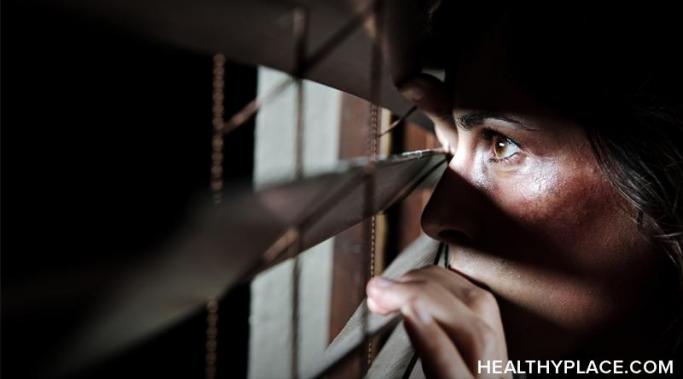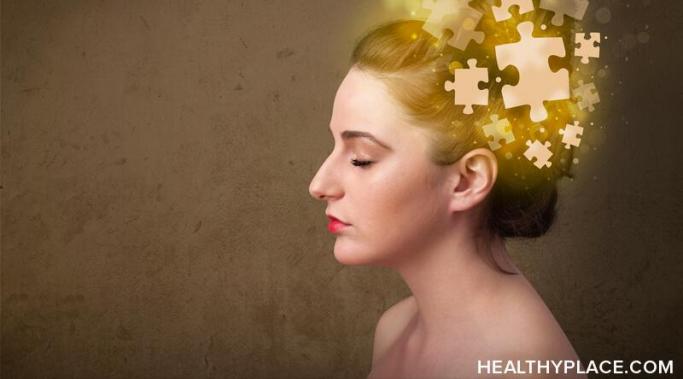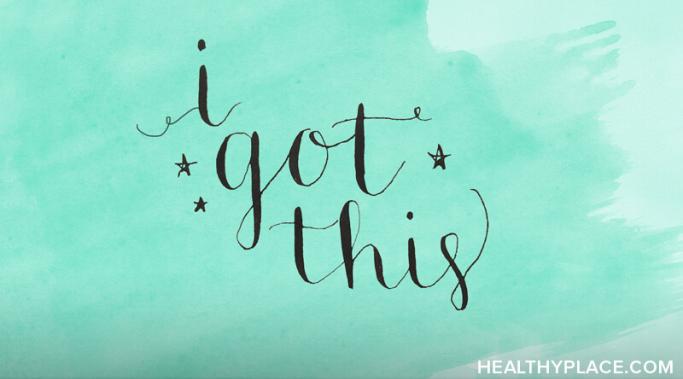As Halloween approaches, the pandemic has made many people nervous about celebrating it. After all, most trick-or-treaters do not understand the concept of social distancing. That is why it is very important for teenagers and adults to set a good example by following social distancing rules and teach children to do the same. Here are some ways to cope with Halloween anxiety and reduce the spread of COVID-19.
Mental Health Coping Skills
When you are feeling down, it can be easy to act in a way that represents how you feel. Unfortunately, doing this only prolongs the negative emotion. However, a technique that I find to be very interesting and valuable is called "opposite action." This post will teach you about the benefits of opposite action for mood disorders and how to practice it.
Giving yourself a mental health check-in is a way to be honest with yourself about your emotions and how they are affecting your life. This way, you can handle stressful situations that trigger these emotions and find peace of mind. In this blog post, I will share information about how to do a mental health check-in.
The uncertainty in life at this time can make anxiety and depression seem intolerable and participating in healthy activities nearly impossible. For some people, not having enough work to do can leave them with too much time to ponder their shortcomings. They might also question whether their lives have meaning. For some people, simply being by themselves can leave enough privacy for self-injury behaviors. The consequences of boredom and loneliness need to be taken seriously to prevent mental health from getting worse. To learn about how you can get through depression safely and proactively with healthy activities, read this article.
Regardless of whether you have a mood disorder, knowing your personality traits can help you improve mental health conditions. Personality trait awareness can help those with mood disorders learn how to manage their symptoms. It can also help supporters learn how to effectively advocate for their loved ones. Read this article to learn how to identify and use personality traits for mental health benefits.
Visualization and guided imagery can relieve the feeling of being stuck in your head that depression and anxiety can cause. It can be dark and scary there. By using visualization and guided imagery, you can temporarily escape all of your negative thoughts and stress at the present moment. To learn about how you can benefit from visualization and guided imagery, read this article.
Do you have a hard time believing in positive affirmations? For many people struggling with mental health conditions, the use of positive affirmations can be a great coping skill. This is because positive affirmations are used to increase self-compassion and self-esteem. Unfortunately, positive affirmations do not always help everyone. A major reason for this is that many people do not believe in their truth or power. To learn how to find belief in positive affirmations, read this article.
You probably think of winter break as a blissful, free, much-needed time to forget about school. Perhaps you binge-watch shows and movies on Netflix, make daily plans to hang out with friends, or enjoy a vacation somewhere warm. This is the picture-perfect winter break. While many students do enjoy these luxuries, this is not the case for everyone. To learn about the different emotions during winter break and tips to cope with them, read this article.
Loneliness during the holidays is something many people go through, though it may not feel that way if you're the one experiencing it. It can be especially hard if you typically struggle with feeling lonely, with the holidays being a time for people coming together. In this article, we'll discuss how to cope with feeling lonely during the holidays.
With only one month left until American New Year, you may notice New Year anxiety and/or depression. To learn about why some people might struggle with negative emotions and how they can cope, read this article.









